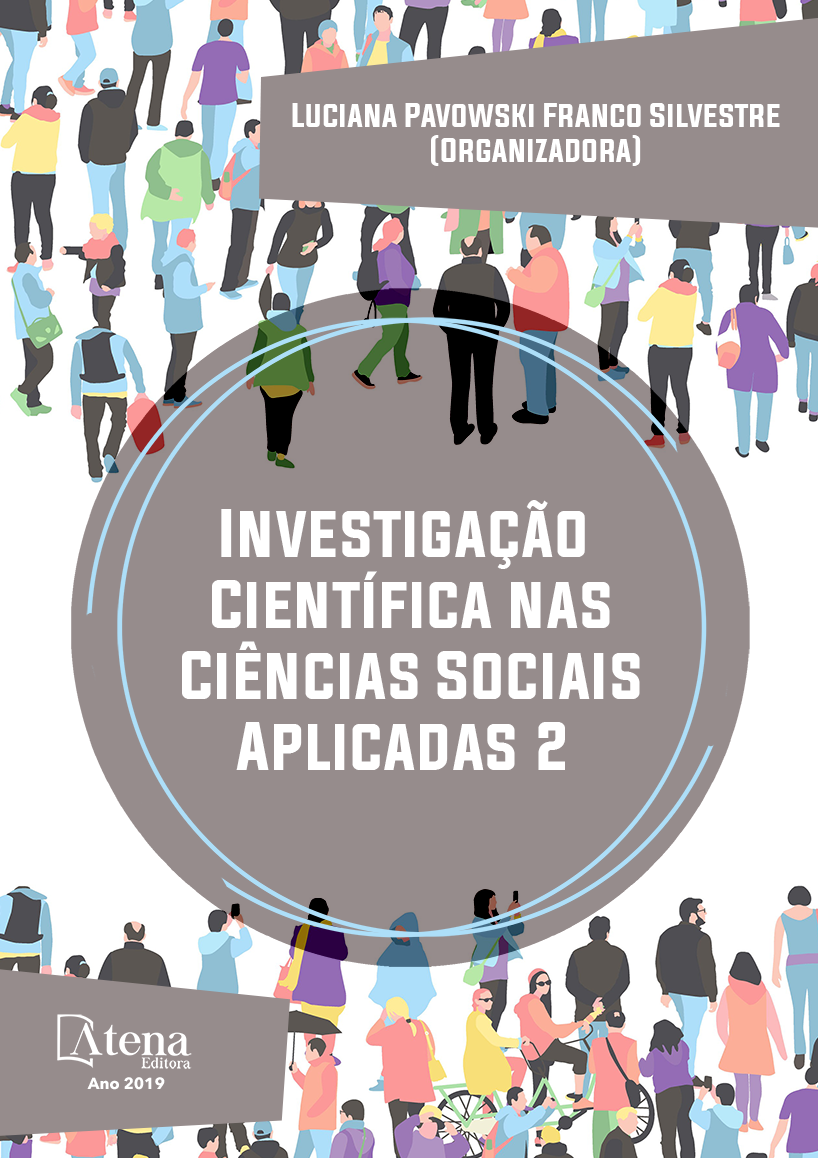
PESQUISA CIENTÍFICA E JUSTIÇA RESTAURATIVA NAS UNIVERSIDADES BRASILEIRAS
No complexo desafio de promover a
justiça, muitos autores e juristas têm buscado
integrar valores humanos para lidar com
os conflitos entre as pessoas. Dentro desta
perspectiva de reconhecer a dimensão da
alteridade e respeitar as pessoas além da
condição de litigantes, emergiu a sistematização
dos princípios da Justiça Restaurativa, diversa
da justiça retributiva. A partir da Resolução
12/2002, do Conselho Econômico e Social da
ONU e, posteriormente, da Resolução 225 do
Conselho Nacional de Justiça, o Brasil vem
desenvolvendo esta nova estratégia de justiça.
O objetivo deste artigo é identificar como os
grupos de pesquisa cadastrados no Brasil
integram o tema da Justiça Restaurativa. O
método utilizado foi de natureza qualitativa,
realizando-se a revisão de literatura, a revisão
legislativa e o levantamento dos grupos de
pesquisa cadastrados pelas universidades
brasileiras e atualizados no Diretório dos
Grupos de Pesquisa no Brasil. Os resultados,
após consulta ao inventário dos grupos
com palavra-chave “Justiça Restaurativa”,
resultou na identificação de um total de 15
(quinze) grupos de pesquisa distribuídos entre
Psicologia, Educação, Sociologia e Direito.
Finalmente, conclui-se que o paradigma da
Justiça Restaurativa integra múltiplas áreas de
estudo e apresenta uma abordagem de cunho
interdisciplinar. Diante dos princípios da Justiça
Restaurativa, busca-se entender o conflito em
um contexto que transborda a expressão literal
dos códigos e das leis. Tanto a criação quanto
o desenvolvimento de pesquisas pautadas
na solidariedade e na alteridade inspiram e
integram as reconexões humanas. Este é o
compromisso da justiça, afinal.
PESQUISA CIENTÍFICA E JUSTIÇA RESTAURATIVA NAS UNIVERSIDADES BRASILEIRAS
-
DOI: 10.22533/at.ed.8981907104
-
Palavras-chave: Justiça restaurativa, Pesquisa Científica, Universidades. Brasil.
-
Keywords: Restorative Justice, Scientific Research, Universities. Brazil.
-
Abstract:
Faced with the complex challenge
of promoting justice, many authors and jurists
have sought to integrate human values in their
work of dealing with conflicts between people.
It was within this perspective of recognizing
alterity’s dimension and respecting people
beyond their condition of litigants that the
systematization of the principles of Restorative
Justice emerged, differently from retributive
justice. Starting from Resolution 12/2002 of the
UN Economic and Social Council and, subsequently, Resolution 225 of the National
Council of Justice, Brazil has been developing this new justice strategy. The objective
of this article is to identify how the research groups registered in Brazil integrate the
theme of Restorative Justice in their work. A qualitative method was used involving the
literature review, the legislative review and a survey of the research groups registered
by the Brazilian universities and updated in the Directory of Research Groups in Brazil.
After consulting the inventory of the groups with the keyword "Restorative Justice",
a total of fifteen (15) research groups were identified, distributed among the fields of
Psychology, Education, Sociology, and Law. Finally, it is concluded that the Restorative
Justice paradigm integrates multiple areas of study and presents an interdisciplinary
approach. Faced with the principles of Restorative Justice, we seek to understand
conflicts in a context that transcends the literal expression of codes and laws. Both the
creation and development of research based on solidarity and otherness inspire and
integrate human reconnections. This is the commitment of justice, after all.
-
Número de páginas: 15
- Isabel Maria Sampaio Oliveira Lima
- Laís de Almeida Veiga


